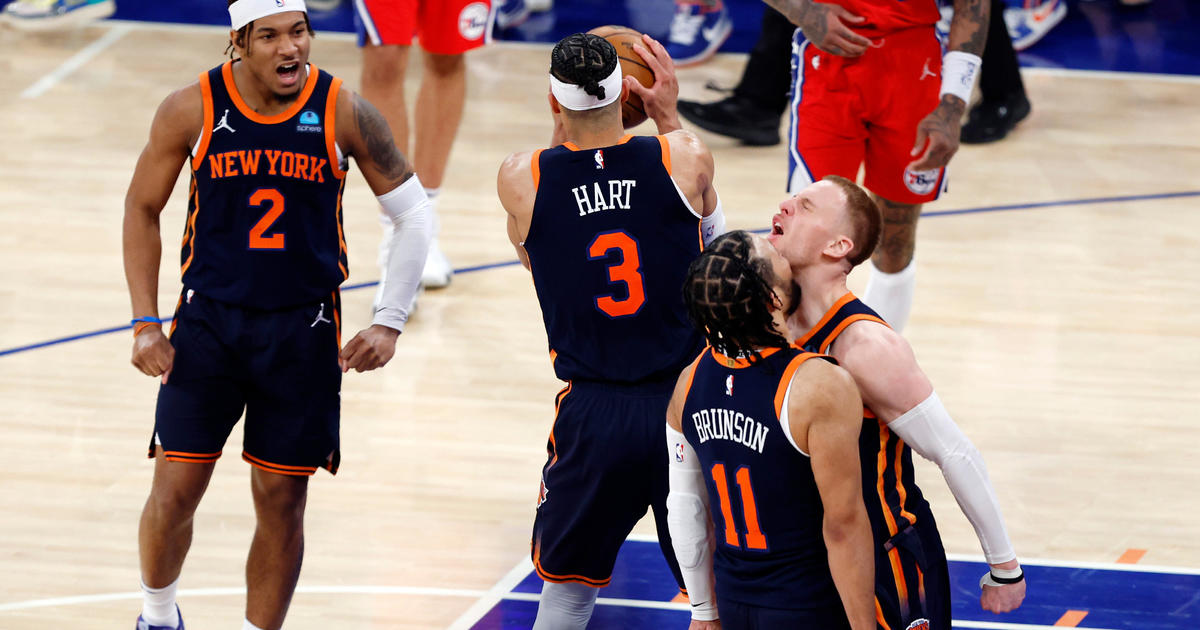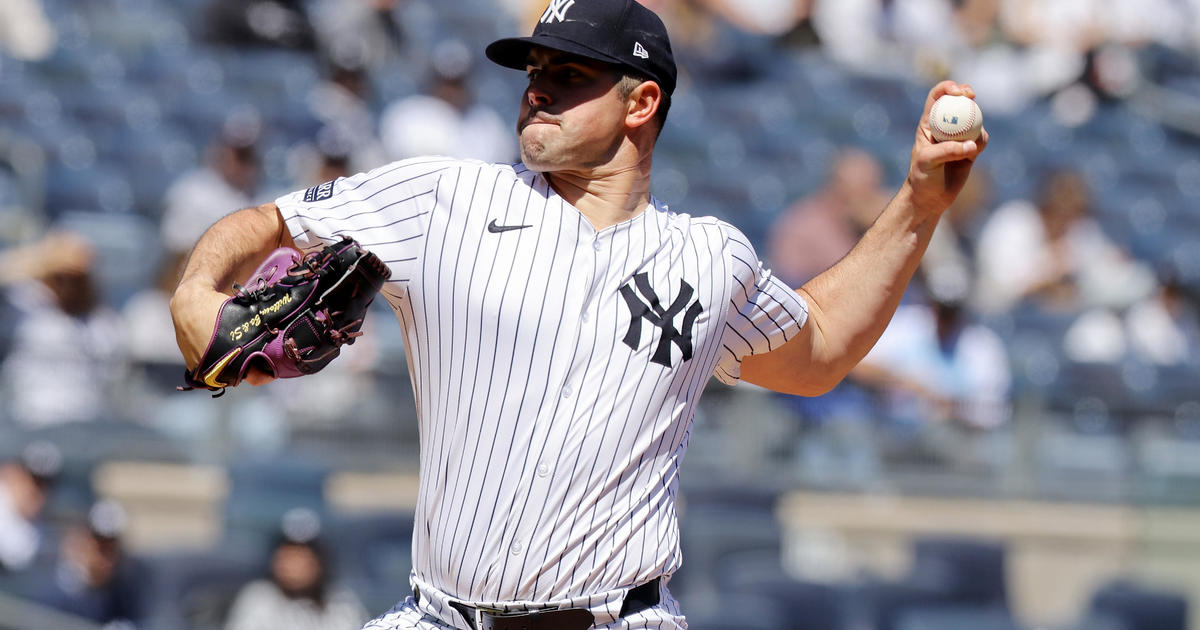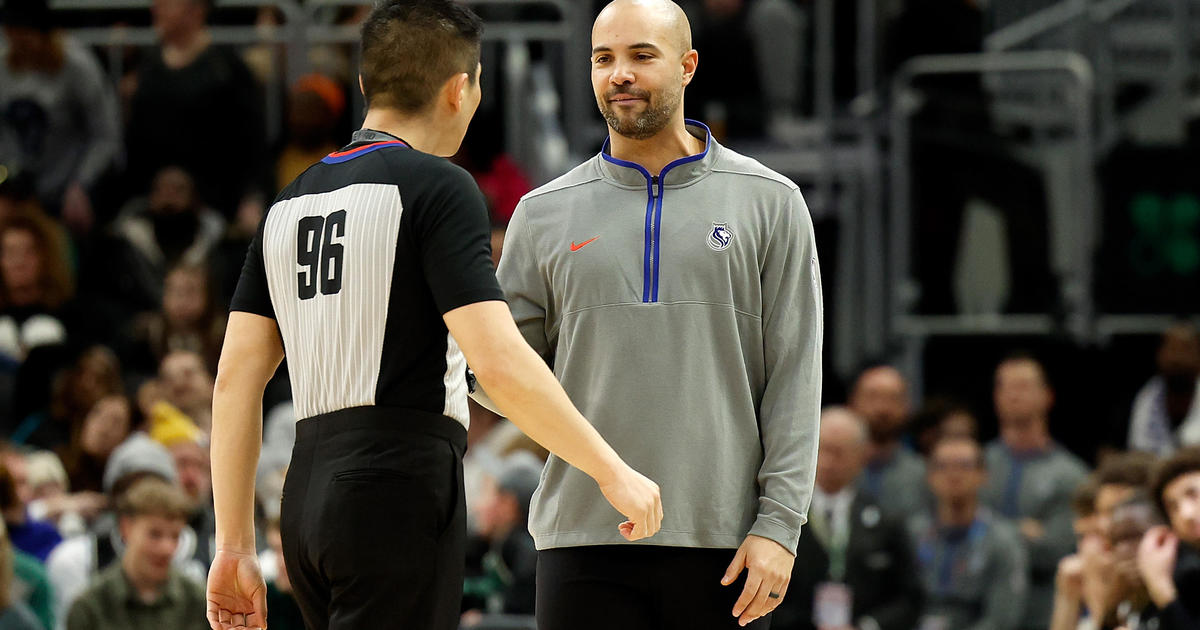Jared Max: Pro Leagues Making Deals With Fantasy Sports Sites Is Dangerous
By Jared Max
» More Columns
What are the odds that in the future, sports fans will read about Pete Rose and shake their heads, bemused, "Wait, he was banned from baseball for doing what???"
If offered a 2:1 line, I would jump at it. Heck, if the odds were even money, I would make the bet -- even if legally, it was called something other a "bet."
Five years ago, I attended a panel in New York City where the commissioners of the NFL, MLB, NBA and NHL discussed "The Future of Sports." When the conference ended, I got the opportunity to interview each league. I asked Roger Goodell, Bud Selig, David Stern and Gary Bettman the same question:
Are you comfortable with your players taking part in fantasy sports leagues involving money?
While some were better than their commissioned counterparts at appearing like they knew the answer, it seemed to me that none of the esteemed gentlemen had given my question substatial prior thought. Their responses disconcerted me. The next morning, I aired the interviews on WCBS 880, inserting a famous clip from "The Shawshank Redemption" to encapsulate my response: "How can you be so obtuse?"
We have witnessed too many sports gambling scandals to believe that unscrupulous behavior is not occurring today. Regularly, we learn stories about match fixing in international soccer, rugby, cricket and tennis. Outside the United States -- where sports gambling is widely available -- countless players have succombed to immoral temptation. While I fear the same improprieties happening here if states like my native New Jersey allow legalized sports gambling, I am equally concerned that a dark alley of this avenue already exists. Legally.
It is called fantasy sports.
On back-to-back days this week, two of our four major North American pro sports leagues announced partnerships with top fantasy sports leagues. Exclusive deals were made between the NHL and DraftKings on Tuesday and the NBA with FanDuel on Wednesday. From a business standpoint, this is brilliant for everybody's bottom line. Fantasy sports has made watching games a multitasking toy room. One year ago, FanDuel generated $14.5 million in revenue. They project $60 million this year.
If I could buy stock in both of these fantasy leagues, I would. While FanDuel said it will collect $550 million dollars in entry fees this NBA season, it will pay out 91 percent in prize money. Almost sounds like a 10 percent vig I used to pay some guy in college to take my bets on the NBA, NHL and college sports. Sounds like the house cut which casinos count on for profits. Don't get me wrong -- there is always a cost for doing business. I am all for this form of gambling for fans because deep knowledge of the game could translate to substantial income.
Again, this is intended for fans.
There is a reason why the fastest sport in the world -- jai alai -- is played today in Miami before crowds smaller than 100 people. The most degenerate gamblers doubt the game's integrity. Humans bet on humans who too easily can bet on themselves. While this can occur in American sports like boxing, fights are not scheduled as often as daily jai alai games. Horse racing is infamous for cheating, but most gamblers are not deterred because the animals cannot be in on it.
While fantasy sports has changed the landscape of how games are consumed, it has opened the door to players becoming fans, potentially in control of altering results, altering an economy.
Considering Major League Baseball's one-strike-and-your out approach to players, coaches and managers gambling on its game, there should be no window open to athletes to be able to wager on themselves. I don't care if the betting is disguised as fantasy sports. It is gambling.
Much like a Supreme Court ruling in 1932 which stated organized baseball is a primarily a sport -- not a business, and therefore not subject to antitrust laws, the Unlawful Internet Gambling Enforcement Act exempted participation in fantasy sports on the basis that it is a game of skill. It is skill. But, fantasy sports was created for fans, not players.
While some may look at me with a similar blankness as the four sports commissioners did five years ago when asked about this topic, I believe that point-shaving exists at levels which American sports fans would not be able to stomach, if known. Save your "It would never happen here" argument for the person who bought your belief that Ebola could not make its way to America.
Call me a curmudgeon -- a conspiracy theorist, if you must, but I do not believe in Santa Claus. And, while I am charitable in most aspects of everyday life, I am skeptical about most organized charities -- even the "recognized" ones. There is too much gray area accepted between the donated dollar and the dollar that is divvied.
Five years since the commissioners told me that they were not concerned about their players being involved in fantasy sports leagues for money, my stakes of suspicion have been raised.
Whether it is Major League Baseball keeping its immunity to U.S. antitrust laws, a 501c3 laundering donations or a parking lot near an airport charging an 18 percent tax, there are always ways to hide money and truth. I fear that business partnerships announced this week between half of our premier sports leagues and gambling houses signifies a scary future -- where the proverbial sign in every baseball clubhouse that reads "No Gambling" has been crumpled, tossed in the trash like a memo once stapled to the wall by a boss no longer employed.
Follow Jared on Twitter at @Jared_Max
You May Also Be Interested In These Stories



